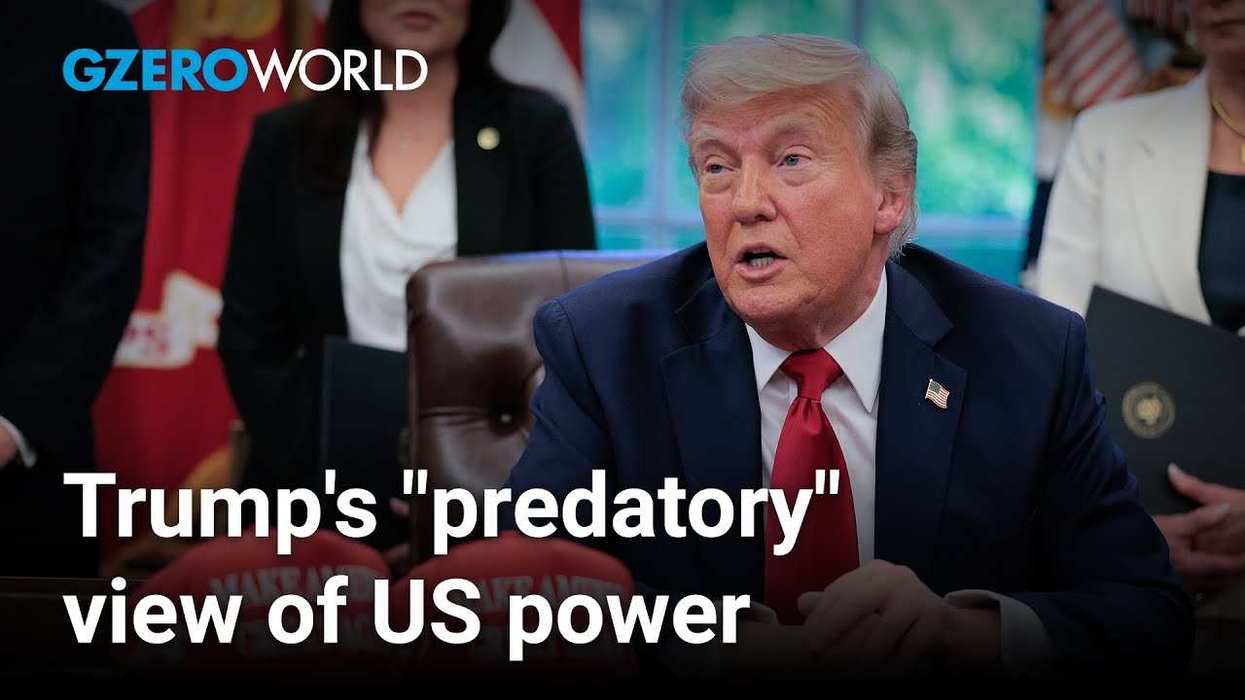Traditionally, the first day of a newly elected Congress is filled with pomp and circumstance. Children wearing little suits and frilly dresses accompany their parents to the House floor where a new class of lawmakers is sworn in.
But the first day of the 118th Congress was not very joyous for one man in particular: Kevin McCarthy. In an embarrassing series of events, the leader of the House GOP failed to secure a majority of votes – 218 – needed to become House speaker. After three rounds of voting, 20 Republican holdouts still refused to budge, backing candidates not named McCarthy for the role. What’s more, McCarthy actually shed a vote in subsequent ballots.
This infighting over the speakership is not only extremely embarrassing for the Republican Party, but it's also extremely rare. Indeed, it's the first time in 100 years that the House failed to elect a speaker on the first ballot. In 1923, it took nine rounds of voting to coalesce around a single candidate. McCarthy is now headed to round four.
The House speaker is a big gig. Whoever assumes this role is second in line to the presidency after the vice president and is responsible for overseeing all legislative and administrative proceedings in the lower chamber. In short, the speaker matters. They decide which bills come to the House floor for a vote, and assign caucus members to committees that have powerful subpoena powers. What’s more, because the lower chamber holds the power of the purse, the speaker of the House has an outsized role in deciding how and when to fund the federal government.
A problem of his own making. McCarthy, who rose through the ranks of California’s Republican Party, has played an active role in shaping the contemporary House Republican caucus. Not only has he helped recruit a class of hardline GOP candidates over the past decade, but he’s also positioned himself as a political contortionist who bucks party trends for his own political gain. Consider that in 2013, McCarthy, then majority whip, voted against a financial fiscal cliff bill that he had been trying to garner votes for in order to endear himself to hard-right conservatives.
Now what? The role of speaker is so central to the business of government that nothing can get done until this dumpster fire is sorted and someone clinches 218 votes. Given that McCarthy still doesn’t appear to have the numbers, that process could go on for days – or even weeks. But even if McCarthy manages to eke out a victory, he’ll emerge a diminished figure beholden to the ultra-conservative wing of his party that’ll threaten to pull the plug on his speakership if/when they don’t get their way. So far, McCarthy is not thriving in 2023.


















